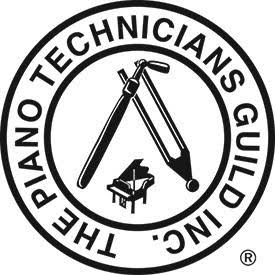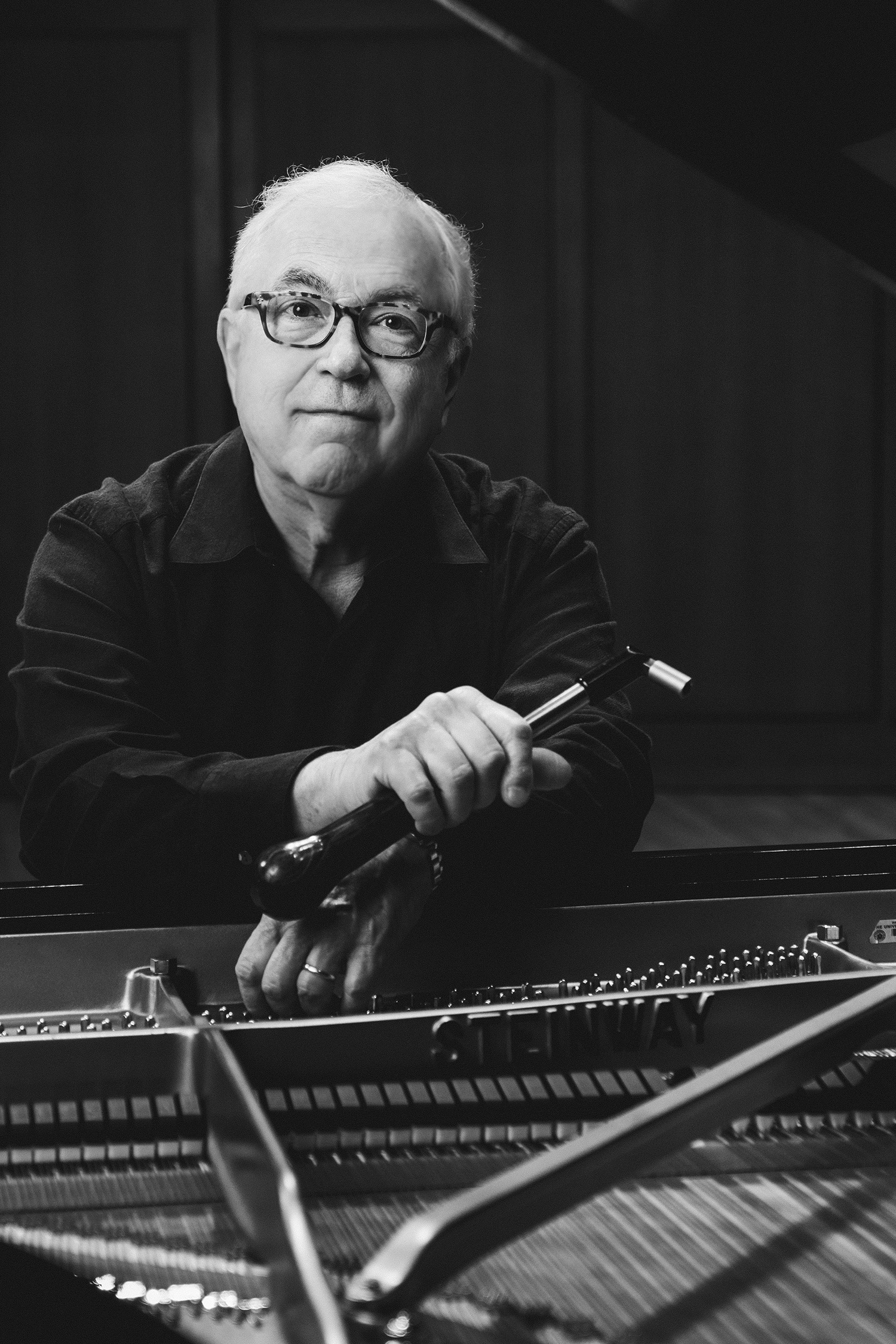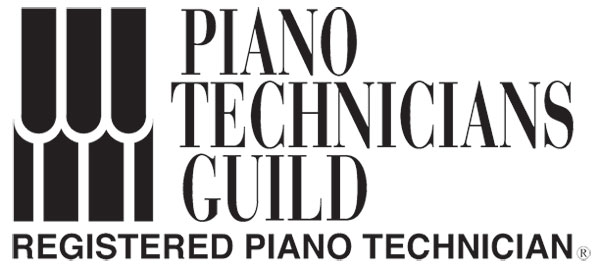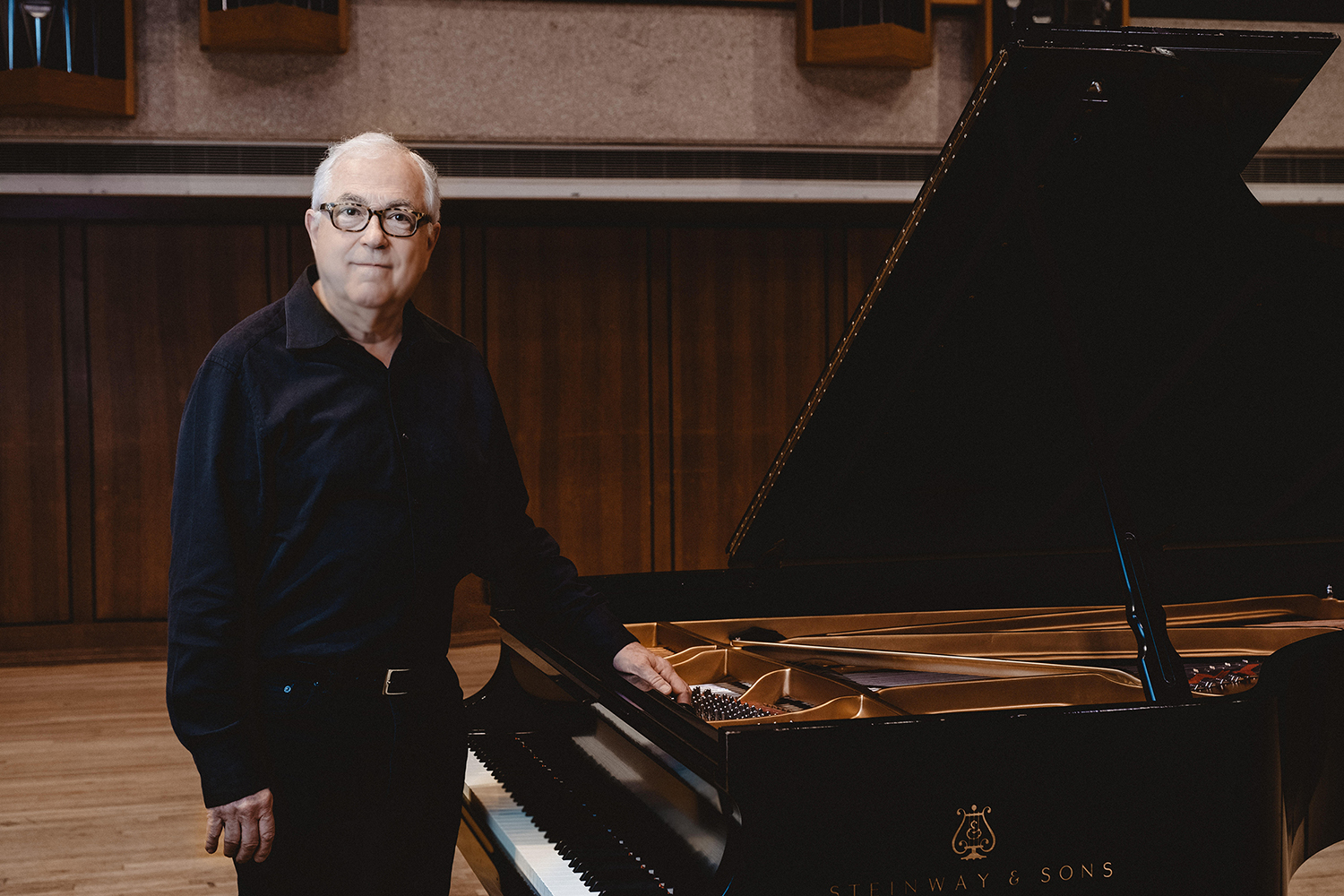My Services
Charles Ball has been an active piano technician since 1966, and offers a wide variety of piano services to the Central Texas area and beyond. Charles Ball served as the Head Piano Technician at the University of Texas at Austin Butler School of Music from 1980 to 2019. He has a large private clientele including professional arts organizations and schools of music, churches, music teachers, professional musicians, piano manufacturers and dealerships, and home instruments. Charles has served as a consultant and performed piano maintenance for the Van Cliburn Foundation, The Austin Symphony Orchestra, the Seattle Chamber Music Festivals and the Seattle Symphony.
Services offered include routine home service, tuning, repairing, regulation, voicing, reconditioning, concert preparation, and consultation. Charles services a wide variety of instruments, with extensive grand piano, especially Steinway, training and experience.
Appointments are available in the Central Texas area, including Round Rock and Georgetown. Service calls outside the Austin area, but within driving range, are billed at an hourly rate, including travel time.


How Do I Know If I Need Your Services?
At Charles Ball Piano Tuning and Service, I’ve done my best to create a Web site that anticipates and satisfies my customers’ needs. With that goal in mind, I’ve compiled a list of frequently asked questions. If you do not find an answer to your question here, please contact me.
Why does my piano go out of tune?
Most commonly pianos go out of tune because of temperature and humidity changes in their environment, especially the latter. Pianos consist of many materials, but primarily of wood—perhaps comprising as much as 85% of the instrument. Wood is by nature hygroscopic, which means that it acts like a sponge and absorbs and releases moisture as conditions change in its immediate environment. These expansions and contractions of the wood, especially of the spruce sound board, cause changes in the string tensions, and thus changes in the intonation or tuning of the instrument. They also cause changes in the mechanical and tonal systems of the piano (see Regulation and Voicing below).
Heavy playing, such as that received by practice room, teaching and performance pianos, can force strings to shift in tension and alter the tuning.
One of the vital skills cultivated by professional piano tuners is tuning stability, which entails careful setting of the tuning pins and stabilization of the string tensions. Pianos tuned by less skilled and experienced tuners may not stand in tune as well, especially with heavy playing.
Pianos with design, construction, and structural shortcomings also may not stand in tune well. Piano strings are under tons of tension, and require an extraordinary amount of stability to hold that tension with constancy. A very common structural cause of tuning instability is loose tuning pins.
How often does my piano need tuning?
Generally, I recommend that one tuning a year is adequate for minimal maintenance; however, there are several variables which have an impact upon this question: the structural ability of the instrument to hold its tuning, the stability of its environment in terms of temperature and relative humidity, and the type of use to which it is subjected. A professional or performance instrument might receive monthly or more frequent service. If the instrument is to sound at its best musically, it should probably be tuned after each major seasonal weather change.
What do you mean by Regulation?
The piano consists of three major systems which require routine service: the tuning system of strings and tuning pins, the mechanical system of keys, action, pedals, and dampers, and the tonal systems of strings, sound board, and felt hammers, which strike the strings. These systems are interrelated and alterations to one will affect at least the perceptions of the others.
Regulation refers to adjustments to the mechanical systems of the piano, especially to the system of keys and hammers that we call the ‘action’. The action is made up mostly of organic materials—wood, cloth, felt, and leather. Each key has a number of possible adjustments that require routine fine tuning in order for the action to perform optimally and to fully convey the expression and musical intentions of the player. Like intonation, the performance of the action is impacted by environmental shifts, as well as by wear and tear.
What do you mean by Voicing?
Voicing, or tone regulation, refers to adjustments to the tonal qualities of the instrument. While tuning and regulation definitely have an impact upon the “voice” of the instrument, there are other routine adjustments that are necessary as well in order to optimize the performance and sound of the instrument. Most commonly, voicing involves making alterations to the shape, density and texture of the hammer felt to assure that the instrument is enabled to express the full range of brilliance, warmth, color, shading, and dynamics of which it is capable. Voicing is also utilized to balance the various registers of the instrument, and to assure evenness of tone from note to note. While modern piano tuning is a mechanical process which adjusts the pitch and vibrations of the strings, and their interrelationships, voicing adjusts the voice or tone of the instrument and can make the difference between a dark, warm sounding instrument or a powerful, brilliant one, and adjust its voice and tone appropriately for its venue and use.
About Charles
Piano Technician
Having worked as a piano technician since 1966, Charles offers a variety of specialized services in addition to professional piano tuning.
Charles served as Head Piano Technician for the UT Butler School of Music from 1980 until his retirement in 2019, and to UT’s Texas Performing Arts from 1981 until his retirement in 2019. Additionally, he has been primarily responsible for the concert preparation and maintenance of the Van Cliburn Foundation Steinway Pianos at Bass Performance Hall in Fort Worth since 1998, and the concert technician for the Austin Symphony Orchestra since 1981.
Charles has had extensive training at Steinway & Sons in New York City, and has also had training at the Yamaha Little Red Schoolhouse in Los Angeles, and works as a consultant and performs new Steinway preparation for Steinway Piano Gallery in Austin, Texas.
A member of the Piano Technicians Guild since 1973, Charles has served in various leadership and training capacities in that organization and on the local chapter level.
Although Charles has experience servicing many different kinds of pianos and other keyboard instruments, he specializes in the tuning and preparation of professional and performance instruments, and has worked for many of the finest concert pianists and musicians of our day.
Services offered include tuning, voicing, regulation, and action restoration.
Preferred methods of contact are text or email.



 Michael Barnes
Michael Barnes